
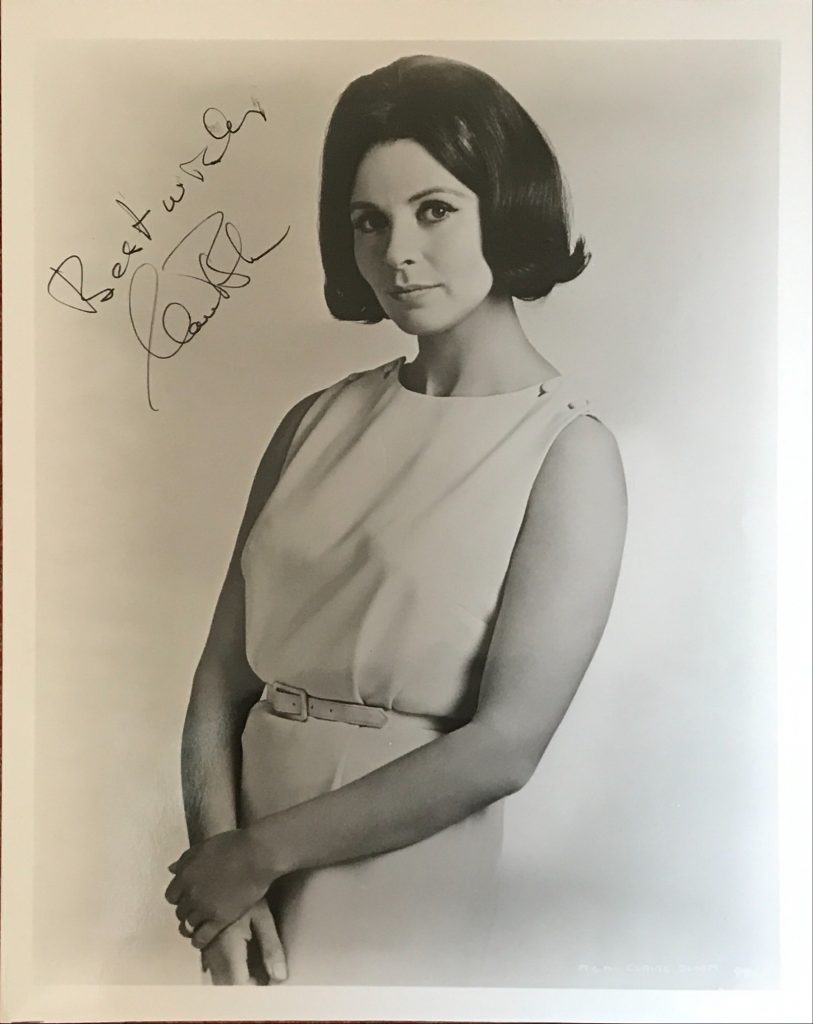
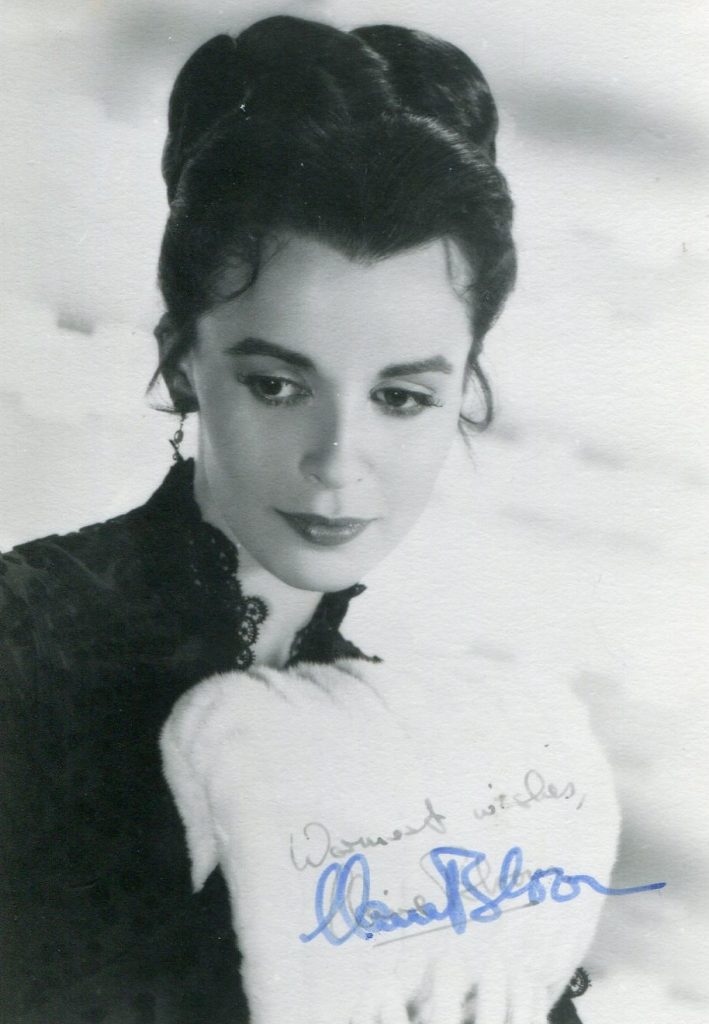
“For someone whose career began with such lustre, Claire Bloom has had a difficult path. Overlauded at first as the most winsome thing on four wheels, it later seemed that she was merely the leading representative of a rather ghastly sect, the English Rose. It is a species whose individuals (the word is used loosely) seldom endure. But this one was hardy, she really was talented. When they let her break from type she was liable to give a superb performance. She may continue to surprise” – David Shipman – “The Great Movie Stars – The International years”. (1972)
Claire Bloom was born in Finchley, North London in 1931. She made her stage debut at the age of 15 with the Oxford Repertory Company. In 1947 she made her London stage debut in Christopher Fry’s “The Ladys Not for Burning”. In 1948 she received rave notices for her performance as Ophelia in “Hamlet”. The next year she made her film debut in “The Blind Goddess”. Over the years she has made many films both in Britain and in Hollywood. Her other notable films include “Limelight”, “Look Back in Anger”, “The Haunting” and “The Spy Who Came in from the Cold”. In 2009 she appeared in an episode of “Dr Who”.
Jewish Women’s Archive:
Gary Brumburgh’s entry:
Age has not taken the flower off this Bloom. The well-known and respected stage, screen and television actress Claire Bloom, originally named Patricia Claire Blume, continues to be in demand as a septuagenarian actress and looks as beautiful as ever. She was born in North London on February 15, 1931, to Edward and Elizabeth (Grew) Blume, both descendants of Jewish immigrants. Educated at Badminton School in Bristol and Fern Hill Manor in New Milton, Claire expressed early interest in the arts and was stage trained as an adolescent at the Guildhall School, under the guidance of Eileen Thorndike, and then the Central School of Speech and Drama.
Marking her professional debut on the BBC radio, she subsequently took her first curtain call with the Oxford Repertory Theatre in 1946 in the production of “It Depends What You Mean”. She then received early critical accolades for her Shakespearean ingénues in “King John”, “The Winter’s Tale” and, notably, her Ophelia in “Hamlet” at age 17 at Stratford-on-Avon opposite alternating Hamlets Paul Scofield and Robert Helpmann. By 1949 Claire was making her West End debut with “The Lady’s Not For Burning” with the up-and-coming stage actor Richard Burton.
A most becoming and beguiling dark-haired actress whose photogenic, slightly pinched beauty was accented by an effortless elegance and poise, Claire’s inauspicious film debut came with a prime role in the British courtroom film drama The Blind Goddess (1948). It was her second film, when Charles Chaplin himself selected her specifically to be his young leading lady in the classic sentimental drama Limelight (1952), that propelled her to stardom. Her bravura turn as a young suicide-bent ballerina saved from despair by an aging music hall clown (Chaplin) was exquisitely touching and sparked an enviable but surprisingly sporadic career in films.



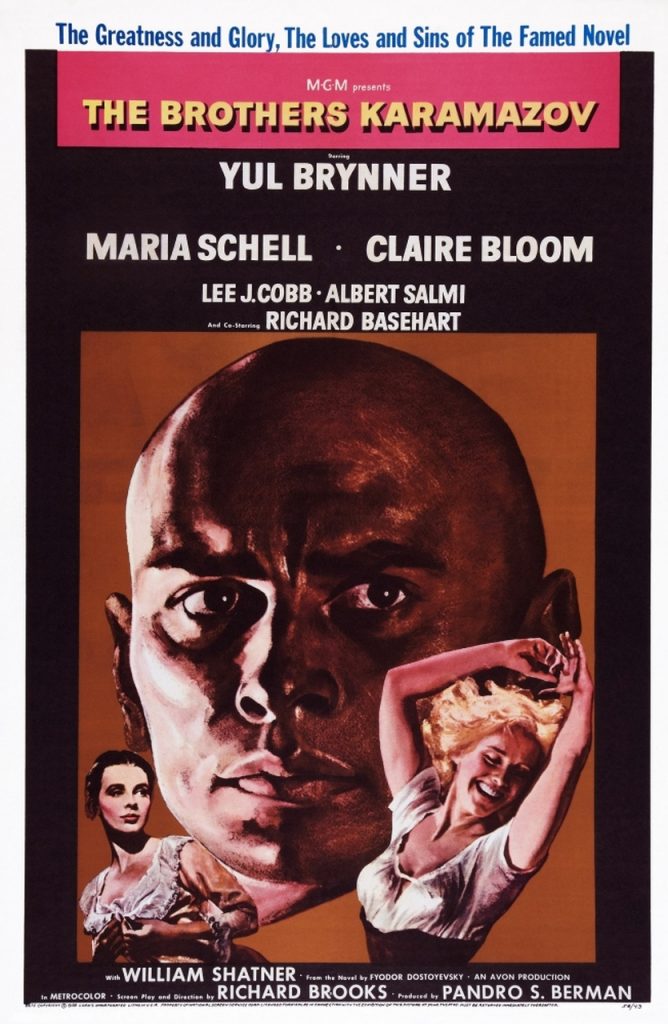
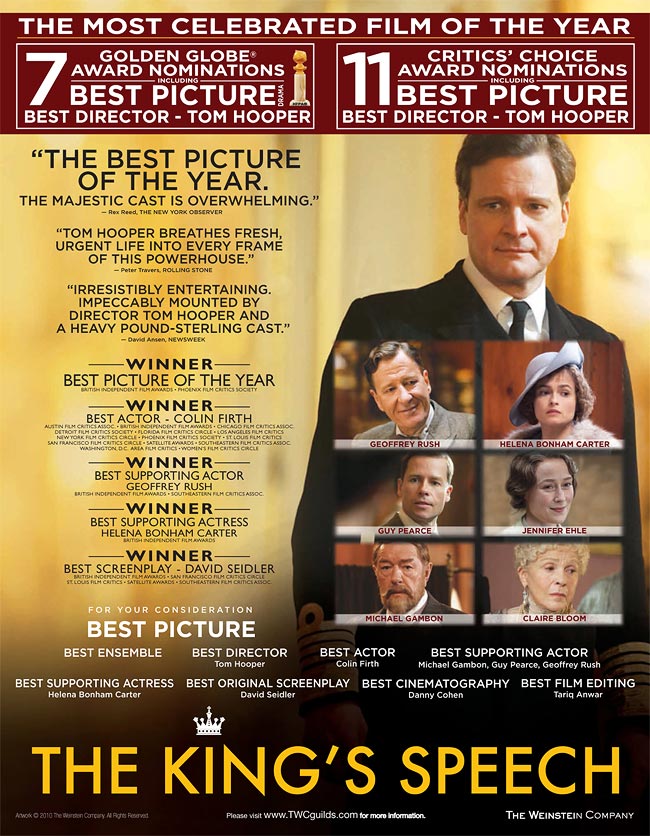
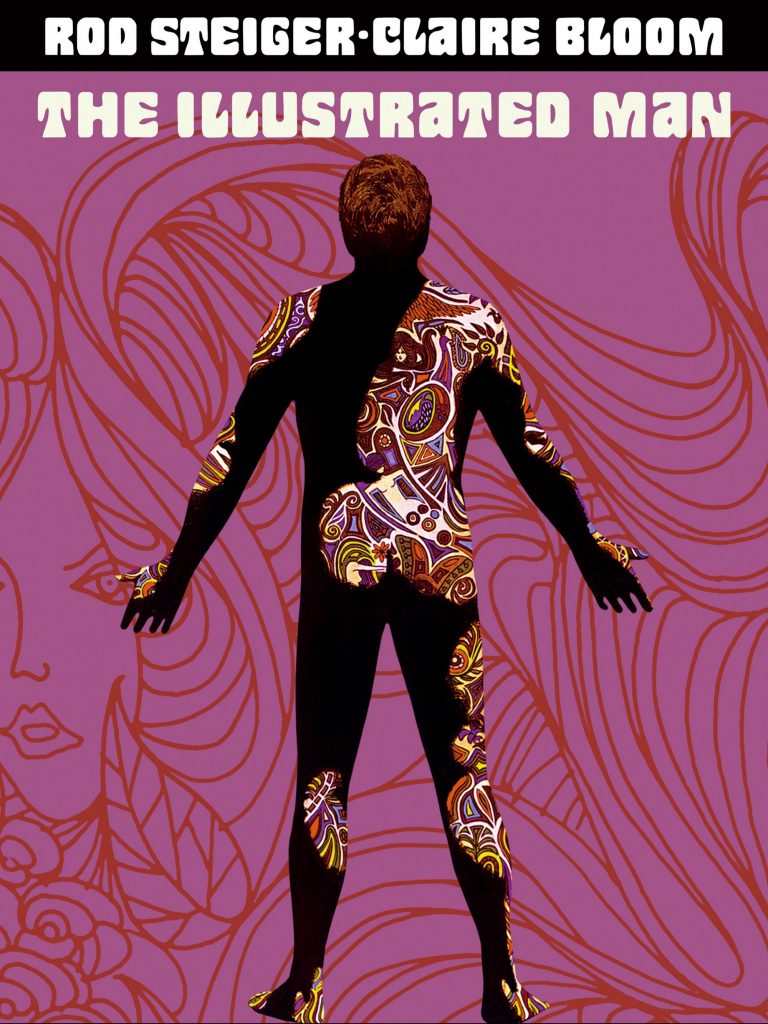
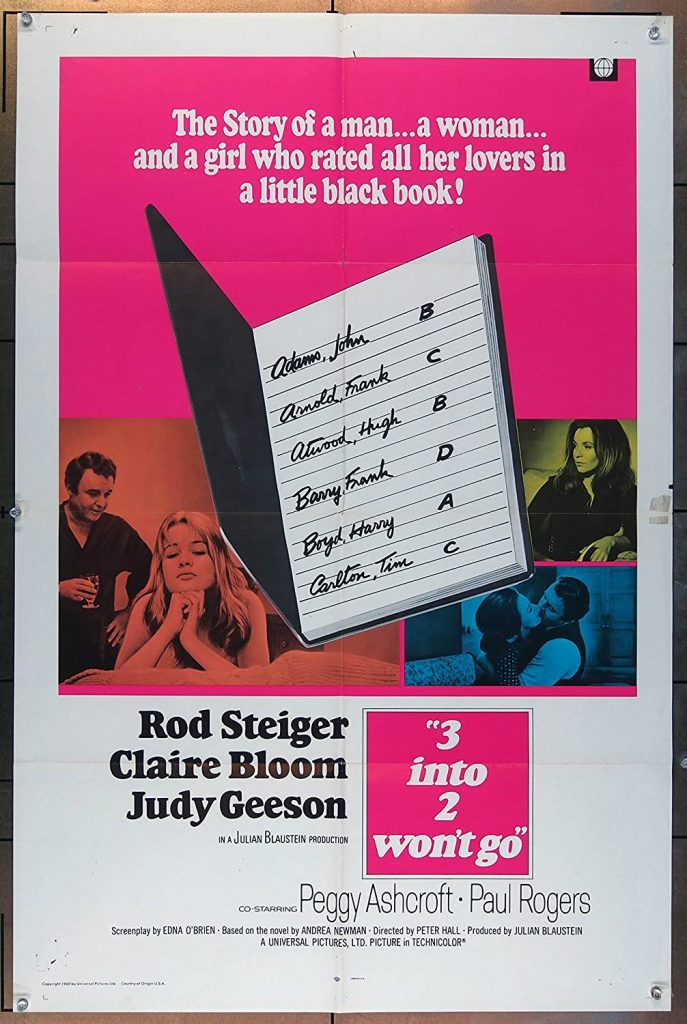
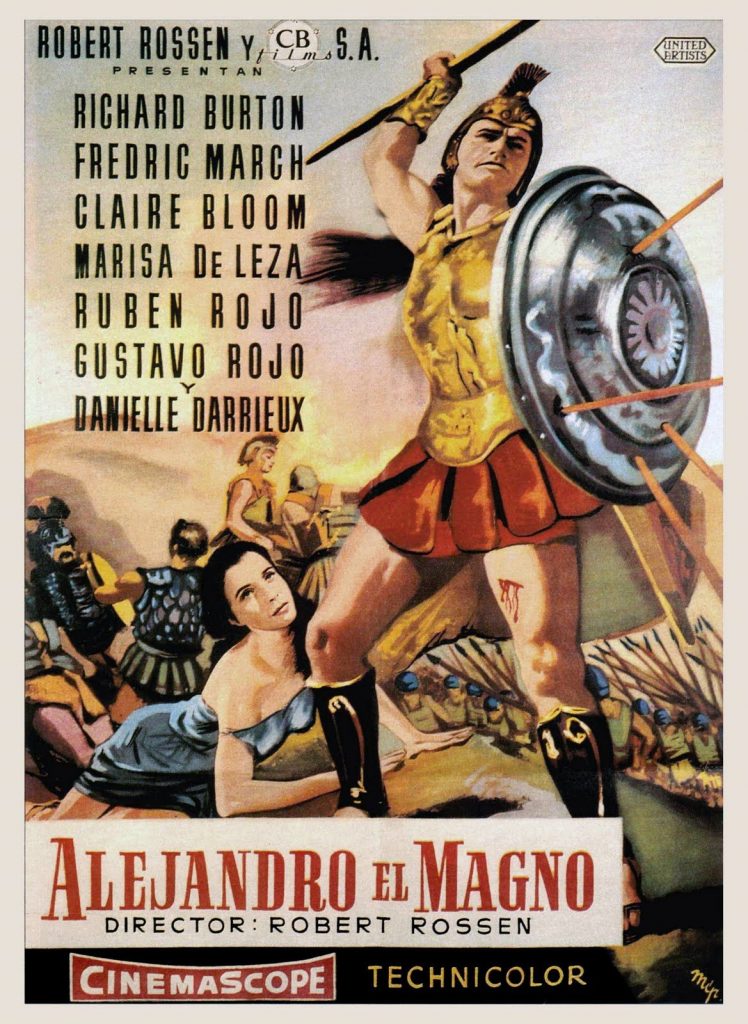
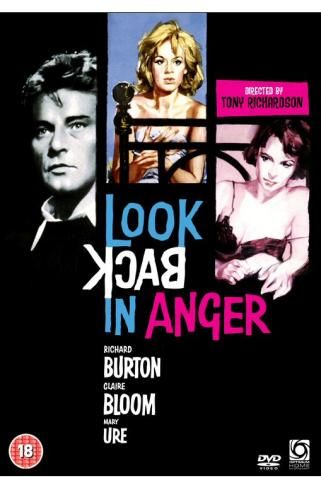

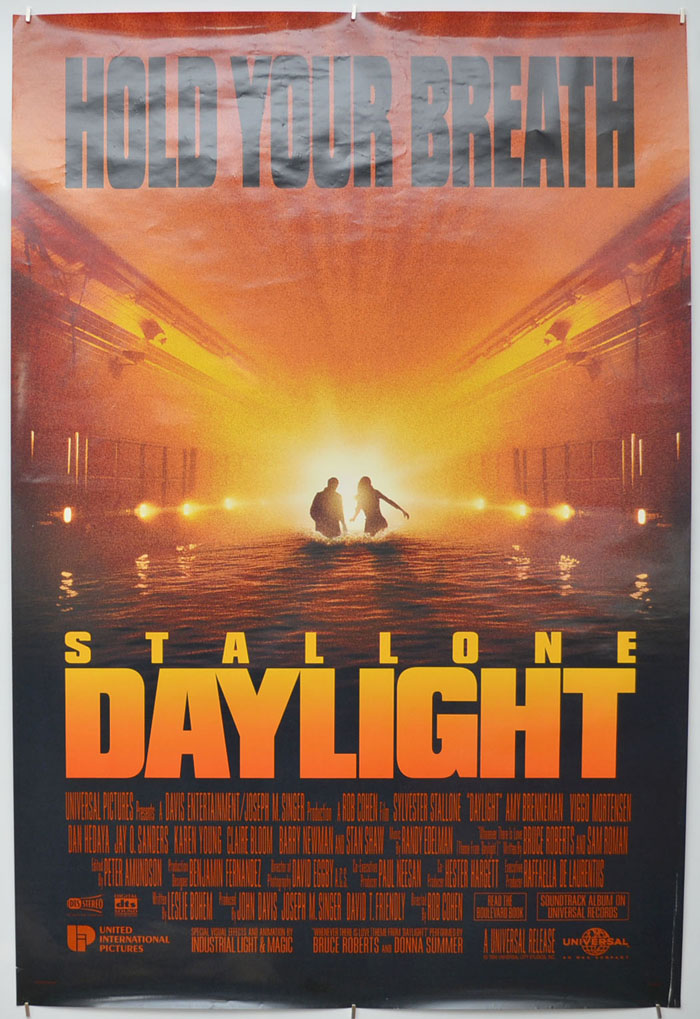

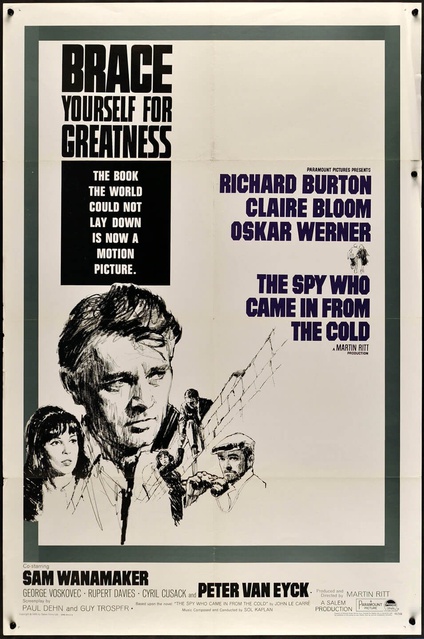

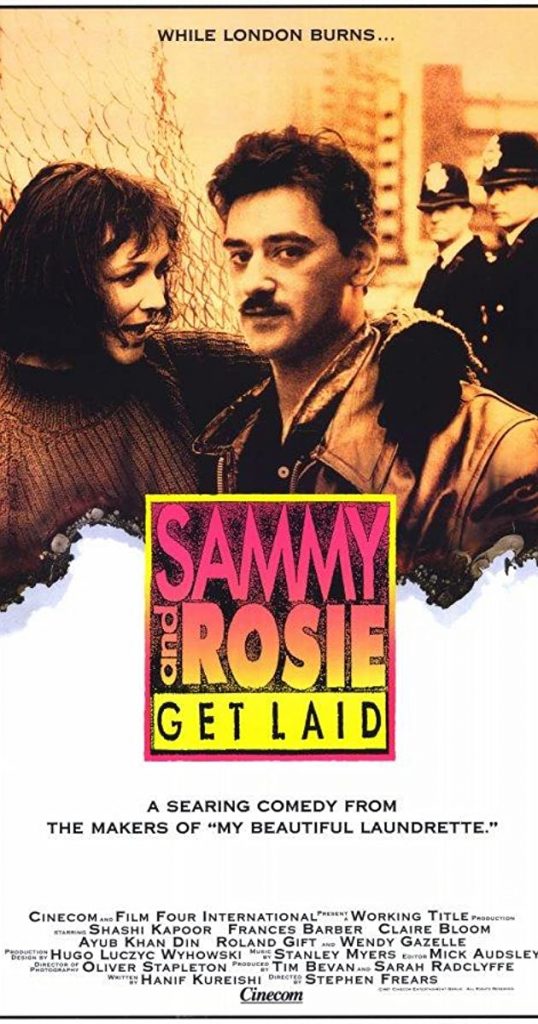

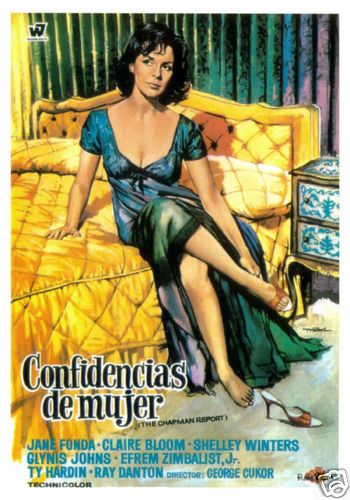


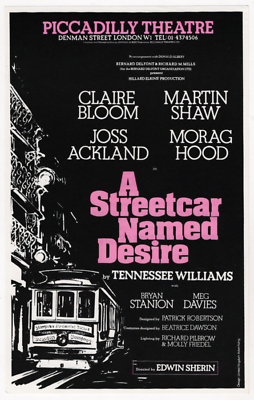

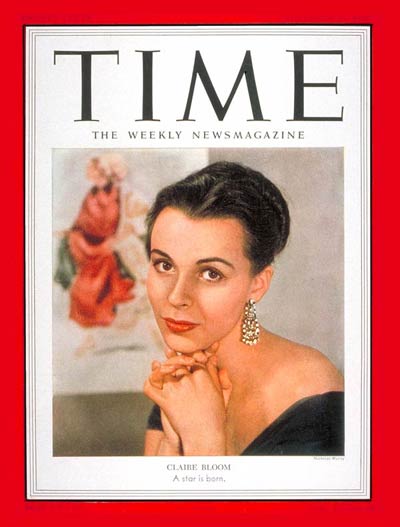
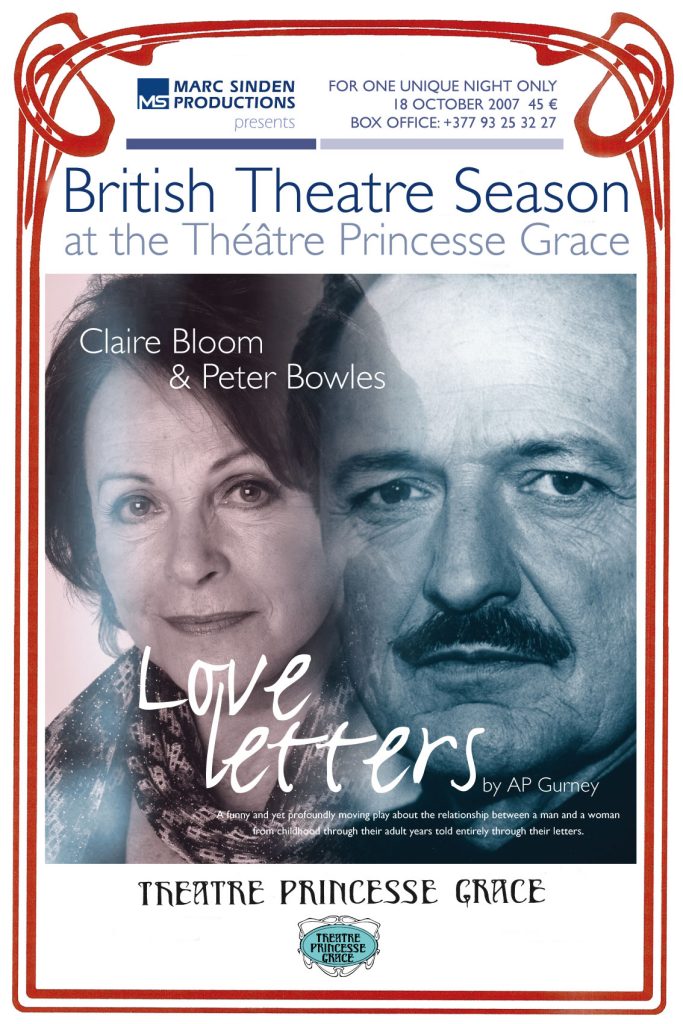
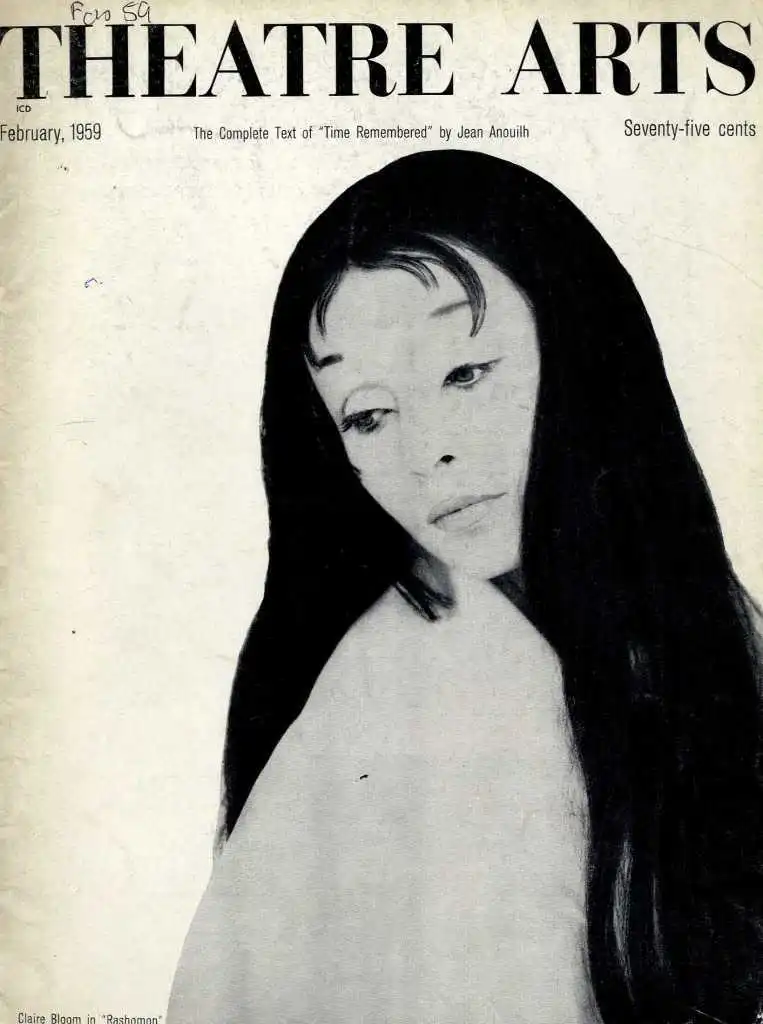
Despite the sudden film attention, Claire continued her formidable presence on the Shakespearean stage. Joining the Old Vic Company for the 1952-1953 and 1953-1954 seasons, she appeared as Helena, Viola, Juliet, Jessica, Miranda, Virgilia, Cordelia and (again) Ophelia in a highly successful tenure. Touring Canada and the United States as Juliet, she made her Broadway bow in the star-crossed lover role in 1956, also playing the Queen in “Richard II”. A strong presence on both the London and New York stages over the years, other powerful performances came with “The Trojan Women”, “Vivat! Vivat! Regina!”, “Hedda Gabler”, “A Doll’s House” and “A Streetcar Named Desire”. Much later in life she performed in a superb one-woman show entitled “These Are Women: A Portrait of Shakespeare’s Heroines” that included monologues from several of her acclaimed stage performances.
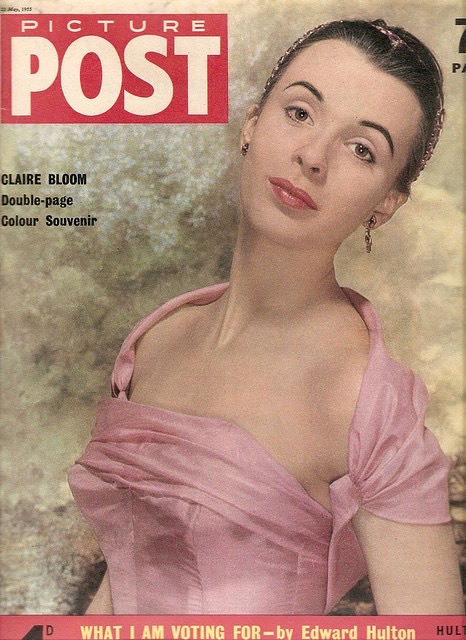
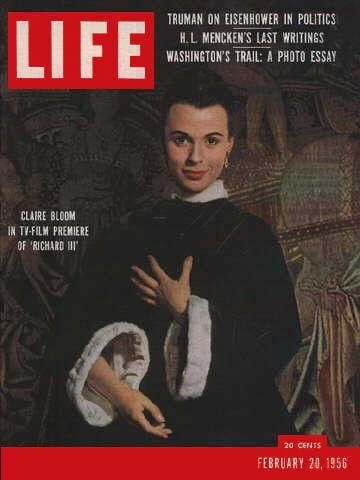
Claire’s stylish and regal presence was simply ideal for mature period films and she appeared opposite a roster of Hollywood most talented leading men as such, includingLaurence Olivier in the title role of Richard III (1955); Richard Burton and Fredric March inAlexander the Great (1956); Yul Brynner in The Brothers Karamazov (1958) and Brynner and Charlton Heston in the DeMille epic The Buccaneer (1958) in which she had a rare dressed-down role as a spirited pirate girl. On the more contemporary scene she appeared with Burton in two classic film dramas: the stark “kitchen sink” British stage piece Look Back in Anger (1959) and the Cold War espionage thriller The Spy Who Came in from the Cold (1965). In addition she courted tinges of controversy playing a housewife gone bonkers in the offbeat sudser The Chapman Report (1962) and a lesbian in the supernatural chiller The Haunting (1963).
Claire met first husband Rod Steiger while performing with him on stage in 1959’s “Rashomon”. They married that year and had daughter Anna in 1960 who grew up to become a well-regarded opera singer. Claire and Rod appeared in two lesser films together, The Illustrated Man (1969) and Three Into Two Won’t Go (1969), both released the same year they divorced after 10 tumultuous years.
As with other maturing actress during the 1970s, Claire looked toward classy film roles in TV-movies for sustenance and found among them Backstairs at the White House (1979), as First Lady Edith Wilson, and Brideshead Revisited (1981), in which she was nominated for an Emmy. Also lauded were the epic miniseries Ellis Island (1984); a remake ofTerence Rattigan‘s Separate Tables (1983), and Philip Roth‘s acclaimed adaptations ofAmerican Playhouse: The Ghost Writer (1984) and Shadowlands (1985), the latter earning her a British Television Award. Speaking of Roth, Claire married the writer (her third) in 1990 after a brief second marriage to producer Hillard Elkins (1969-1972). The union with Roth lasted five years. Claire appeared in several Shakespearean teleplays over the decades while also portraying a choice selection of historical royals including Czarina Alexandra and Katherine of Aragon. One of her most recent appearances on TV was the miniseries version of The Ten Commandments (2006). On daytime drama, she delightfully played matriarch and murderess Orlena Grimaldi on the daytime drama As the World Turns (1956) in 1993. She left the role in 1995 and was replaced.
Claire wrote two memoirs. The first was the more career-oriented “Limelight and After: The Education of an Actress”, released in 1982 Her more controversial second book focused on her personal life: “Leaving a Doll’s House: A Memoir”, published in 1996.
– IMDb Mini Biography By: Gary Brumburgh / gr-home@pacbell.net


